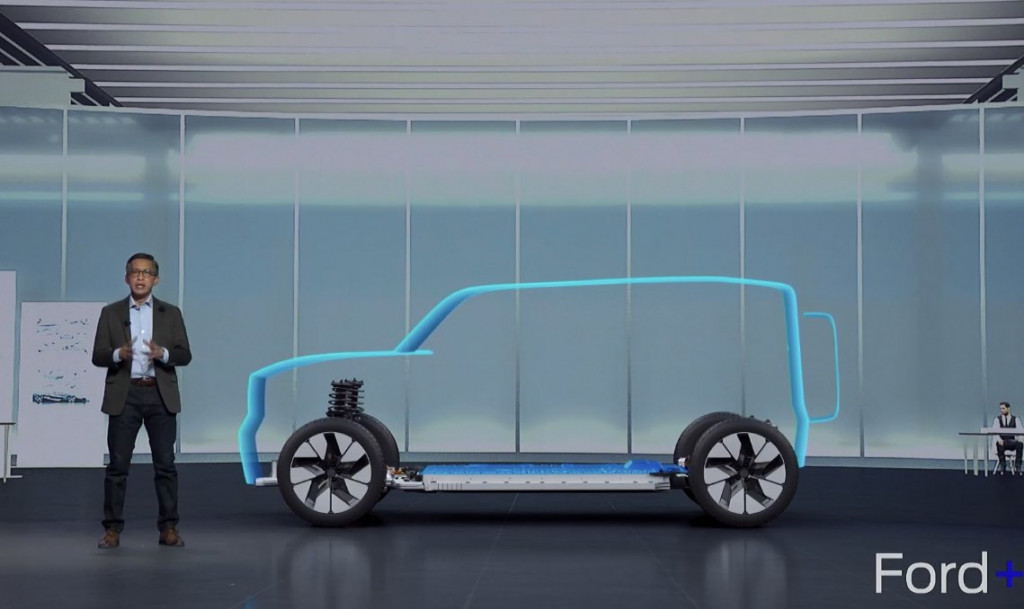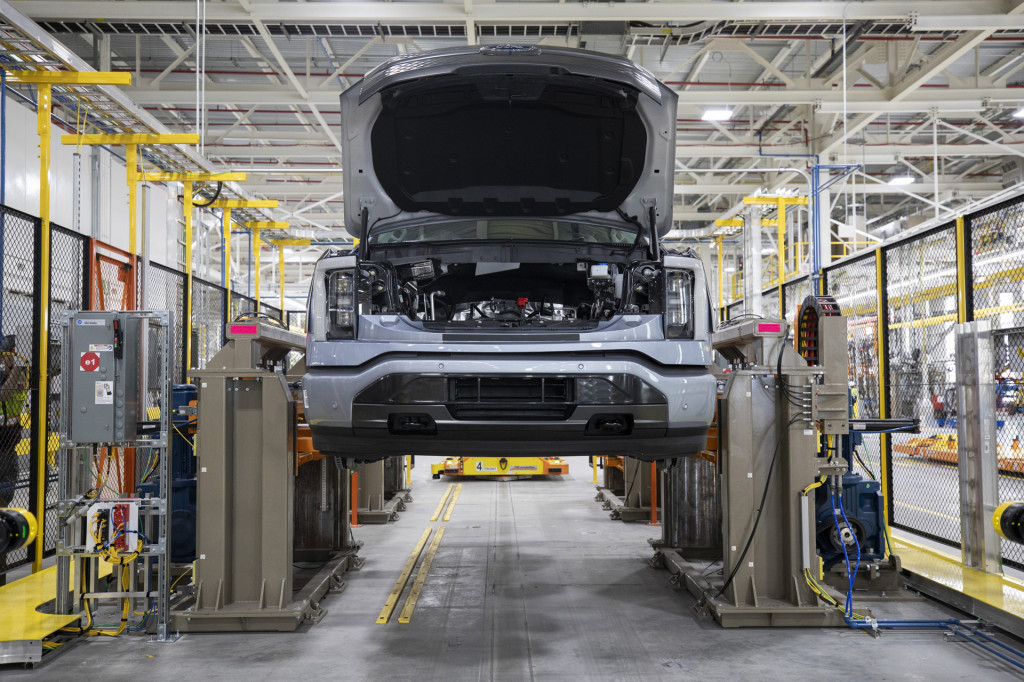Ford CEO Jim Farley outlined Thursday, with a series of tweets, that the automaker is now expecting to make 600,000 electric vehicles per year globally by the end of 2023. That’s double the previous plan, and enough to potentially be considered the number-two EV maker in the U.S. by then—if other automakers keep to their current plans, that is.
The target would allow Ford to jump out ahead of GM, which is targeting 1 million annual EV sales globally by 2025 and 30 new EVs by then, but with many of the higher-volume vehicles not arriving until 2024 and 2025.
And, Farley emphasized, that’s before a number of other sites come online.
We aim to become the 2nd biggest EV producer within the next couple years.
Then as the huge investments we're making in EV and battery manufacturing come onstream and we rapidly expand our EV lineup, our ambition is for @Ford to become the biggest EV maker in the world.
— Jim Farley (@jimfarley98) November 18, 2021
One of those facilities is the Blue Oval City complex in Tennessee it announced in September, that will be building future electric trucks. Ford is also planning to make a volume electric car for Europe starting in 2023, and it’s committed to produce five EVs at a Canadian plant beginning in 2025.

Electric Ford Bronco outline from Ford Capital Market Day presentation via Mike Levine on Twitter
The company also confirmed in May that it is developing two dedicated EV platforms—one for full-size pickup trucks and SUVs, the other for cars and smaller SUVs—for debut by 2025. That next wave of EVs will bring an electric Explorer, as well as perhaps an electric Bronco.
In the 2022-2023 timeframe Farley is referring to, Ford has at least two new production-bound electric models in addition to its Mustang Mach-E. The F-150 Lightning joins the lineup around May, 2022; and the E-Transit van is scheduled to arrive for first deliveries in the U.S. late in 2021. And Ford’s Lincoln luxury brand has announced that it will launch a “strikingly modern” first battery electric model in 2022.

2022 Ford F-150 Lightning pre-production
Ford hasn’t provided any recent update on the future “alternative vehicle based on Rivian’s skateboard platform,” as Lincoln put it in April 2020, after its original SUV project with the brand was canceled. So that might potentially comprise some of the volume.
GM in October said that it aims to be the EV sales leader in the U.S., although the time frame for that wasn't specified. If Ford sticks to this production target, it would effectively be leapfrogging past GM. It had already been turning up the heat versus its traditional Detroit rival with its three U.S. battery plants due starting in 2025 eventually capable of making enough for more than a million vehicles a year. Add Europe and other markets, and we could be looking at some healthy U.S.-made volume competition—for Tesla, GM, VW, Nissan, and perhaps many others.












